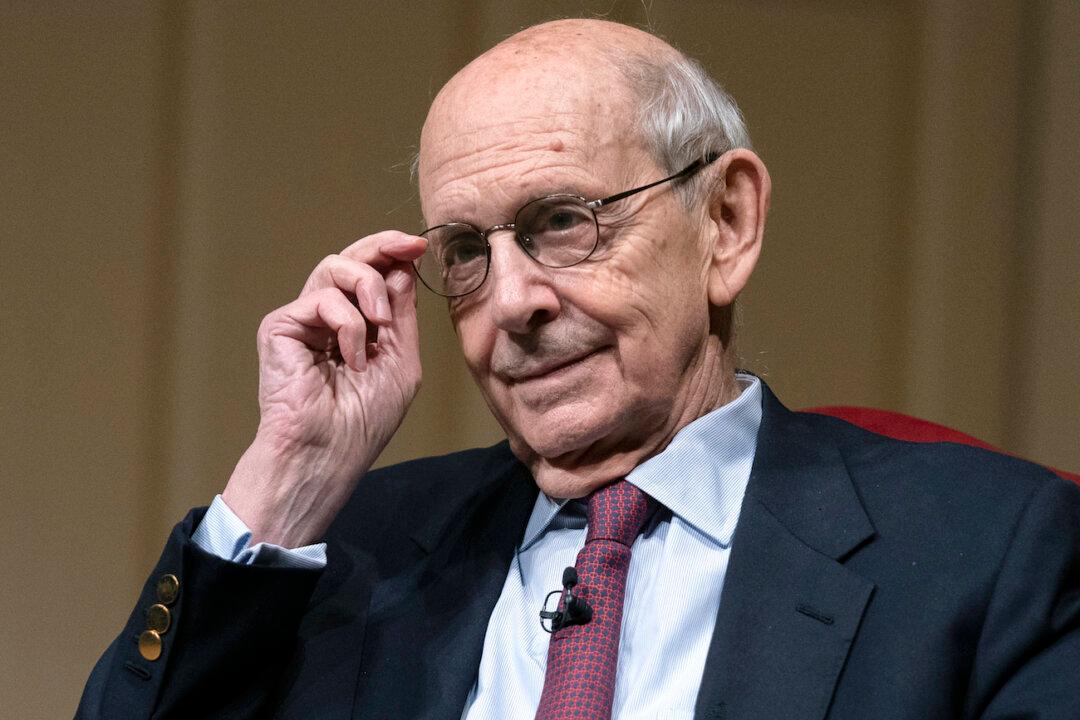Former Supreme Court Justice Stephen Breyer says he has “theories” about who leaked the 2022 court opinion that overturned Roe v. Wade but that he would “be amazed if it was a judge.”
In a March 24 interview with “Meet the Press” host Kristen Welker on NBC, Justice Breyer, 85, was asked if he had a theory about the leak incident, including whether the leaker “wanted to sound the alarm about Roe being overturned or wanted the draft opinion to be locked in place?”





